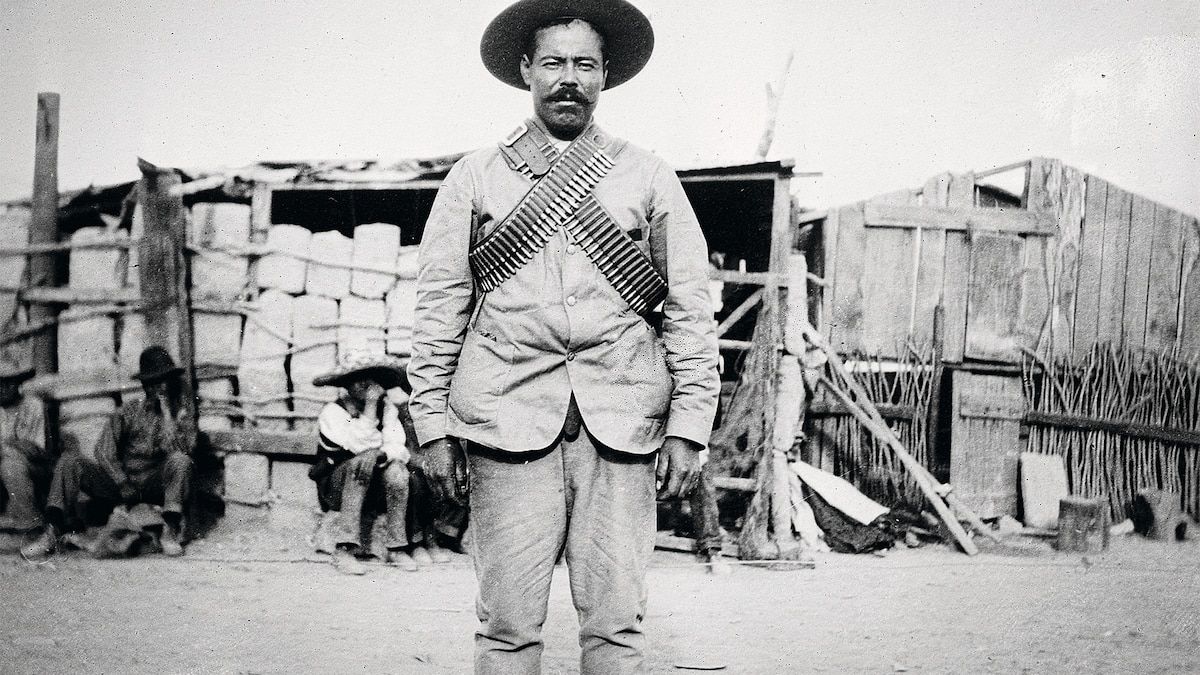Now Reading: How Doomscrolling Alters Your Brain
-
01
How Doomscrolling Alters Your Brain
How Doomscrolling Alters Your Brain

Quick Summary
- Roxane Cohen Silver, a psychologist at UC Irvine, began researching the psychological effects of media during tragedies like Columbine and 9/11.
- Studies have shown prolonged exposure to distressing news leads to mental and physical health problems over time.
- Stress responses triggered by alarming headlines release cortisol and adrenaline; repeated exposure may disrupt both stress management and brain functioning.
- Research on events such as the Boston Marathon bombing revealed that indirect exposure-in excessive news consumption-causes PTSD symptoms even more than direct trauma victims experienced.
- doomscrolling creates a self-perpetuating cycle of anxiety, where excessive media consumption increases stress levels and impacts daily life negatively.
- The conversion of media landscapes-including unmonitored social content-intensifies exposure to disturbing imagery. Algorithms contribute by amplifying such content based on user behavior.
- Back-to-back global crises (e.g., COVID pandemic, racial unrest, wars) exacerbate mental health challenges from compounded traumatic news cycles.
Indian Opinion Analysis
The studies highlighted in this article provide critical insights into how modern media consumption impacts mental health globally. For india-a country grappling with recurring natural disasters, economic shifts, political developments, and societal conflicts-the analysis calls for mindfulness in engaging with aggressive or crisis-driven coverage.
While access to information empowers citizens in democracy-building efforts like activism or disaster response coordination, unregulated graphic images on social media could harm cognitive resilience over time. The implication is clear: India might benefit from robust digital literacy campaigns urging responsible news consumption while promoting journalistic mindfulness around sensitive content.
Striking a balance between staying informed without jeopardizing public well-being should remain central to conversations about india’s growing digital dependency amidst crises local or international.























